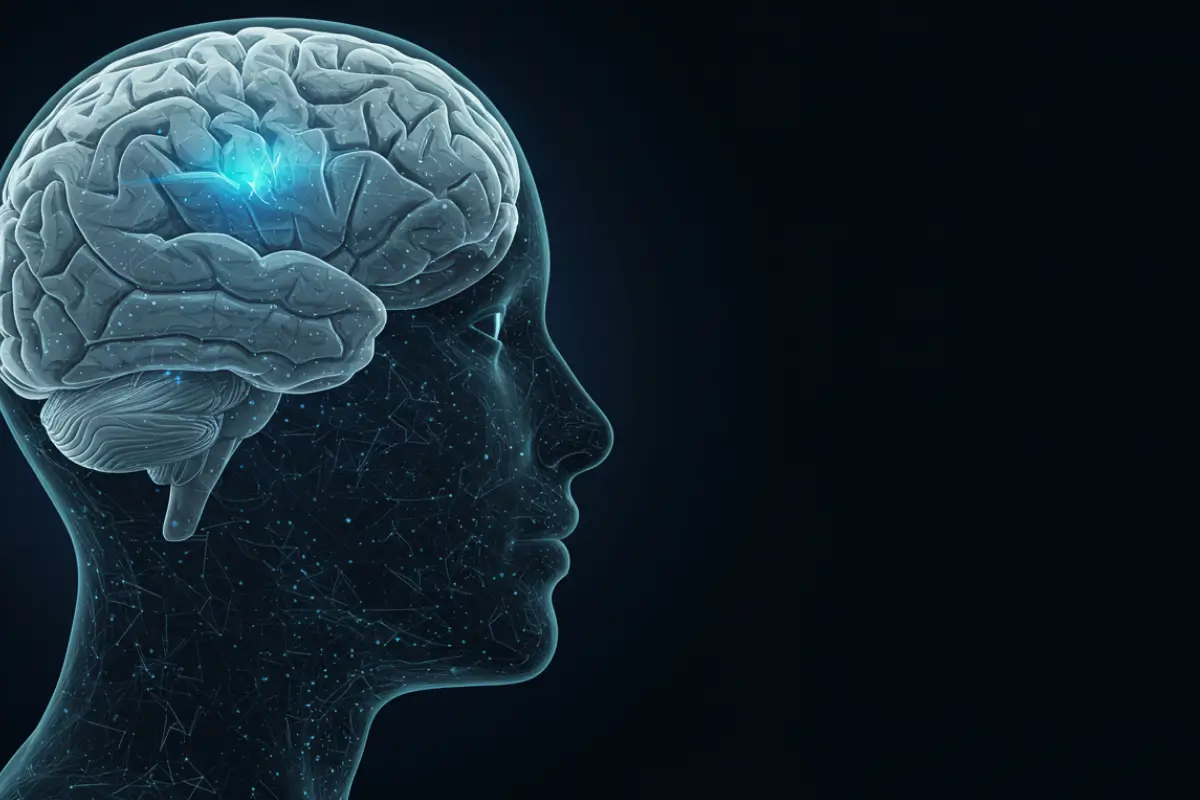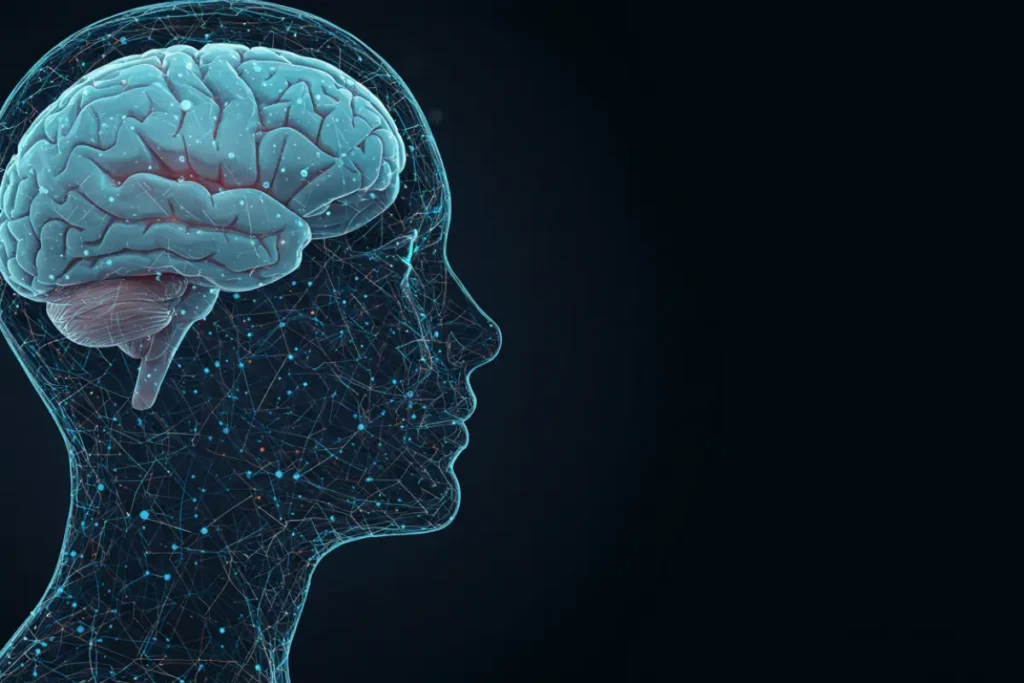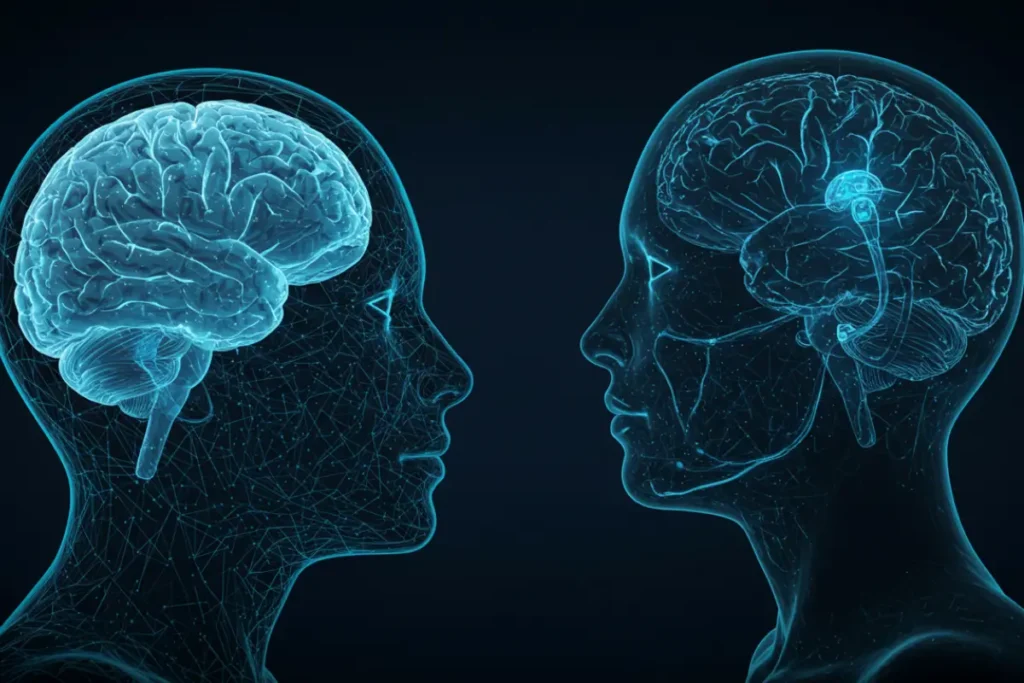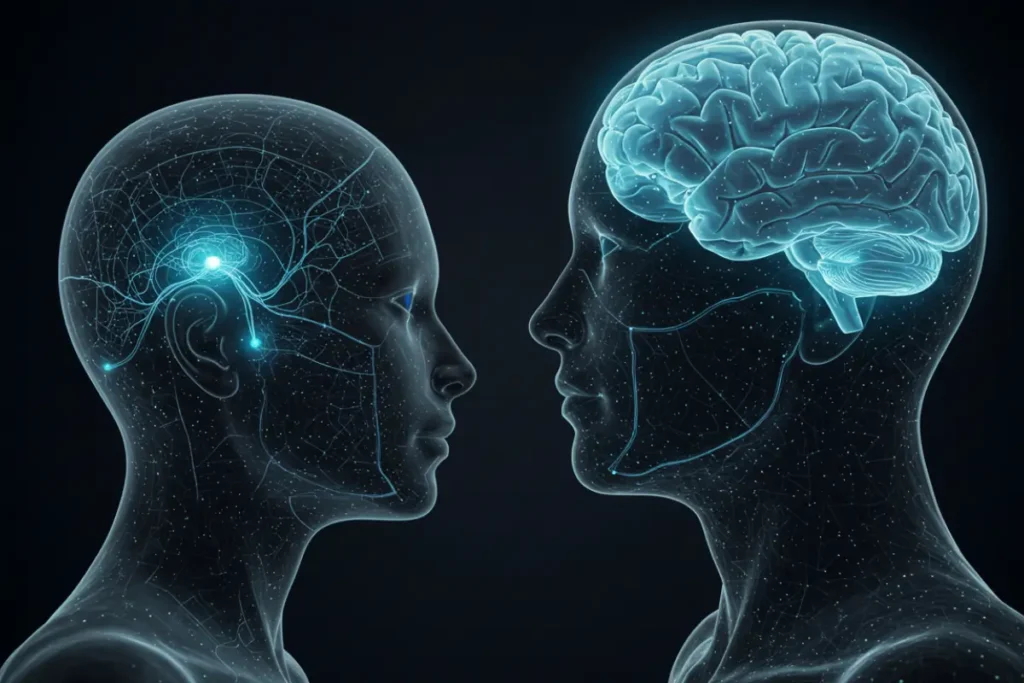AI and the Brain – The Future of Neural Implants
- March 30, 2025
- 0
Artificial intelligence is already changing the way we work, play, and interact. But what if I told you that the next evolution of AI isn’t just about smarter
Artificial intelligence is already changing the way we work, play, and interact. But what if I told you that the next evolution of AI isn’t just about smarter

Artificial intelligence is already changing the way we work, play, and interact. But what if I told you that the next evolution of AI isn’t just about smarter chatbots or better self-driving cars?
Neural implants—yes, chips inside our brains—are on the horizon, and they could redefine what it means to be human. The question is: Are we ready for it?
So let’s see if this dream that many science fiction fans have has facts that prove that it is possible.

Neural implants are tiny, high-tech devices implanted in the brain to enhance cognitive abilities, restore lost functions, or even connect human minds to artificial intelligence.
These implants work by interfacing with neurons, using electrical signals to transmit and receive data. Sounds like something out of a sci-fi movie, right? Well, it’s happening right now.
Companies like Neuralink (owned by Elon Musk) and Synchron are already testing these devices, with human trials underway.
In 2024, Neuralink successfully implanted its first chip into a human patient! 🚀 Check out more on Neuralink’s breakthrough here.
This technology could revolutionize multiple industries and personal lives. Here are some of the most exciting possibilities:
People with paralysis could regain movement through brain-controlled prosthetics, while those with speech impairments might communicate via direct brain-to-text systems.
Imagine downloading information directly into your brain! Neural implants could improve memory, problem-solving, and even learning speeds.
These devices may offer groundbreaking treatments for conditions like Parkinson’s disease, epilepsy, and depression by directly modifying brain signals.
Typing on a keyboard might become obsolete if we can interact with computers through thought alone! AI-driven neural implants could allow instant interaction with digital devices, making traditional input methods unnecessary.

Of course, with great power comes great responsibility. While the benefits sound amazing, there are serious concerns about security, privacy, and the ethical implications of merging AI with the human brain.
If AI can read and write data to your brain, who owns that data? Companies like Neuralink promise secure encryption, but the idea of brain hacking is a chilling reality.
Will society split into two groups—those with enhanced intelligence and those without? The gap between rich and poor could widen even further.
Could a neural implant manipulate thoughts? While it sounds dystopian, researchers are already investigating the ability to influence decision-making through brain stimulation.

While full-scale AI brain integration is still years away, the foundation is being laid today. Here’s what we can expect in the near future:
If this seems far-fetched, remember that 30 years ago, smartphones were just an idea. Today, they’re extensions of our bodies. Neural implants could follow the same trajectory.

▶ Are neural implants safe?
Currently, they are experimental, but researchers are prioritizing safety to prevent risks like brain damage and infections.
▶ Will neural implants be affordable?
At first, they will likely be expensive, but as the technology evolves, costs will decrease—just like with smartphones and AI.
▶ Can someone hack my brain?
Cybersecurity is a huge concern, and experts are working on ultra-secure encryption methods to prevent hacking.
▶ When will neural implants be widely available?
Some medical applications could be available within the next decade, but mainstream adoption will take longer.
Neural implants could be one of the biggest technological revolutions in human history. They promise to cure diseases, enhance intelligence, and even change the way we communicate.
But with these advancements come major risks—privacy issues, ethical concerns, and potential social divides.
I believe the future of AI-powered neural implants is inevitable. The question isn’t if this technology will arrive, but how we’ll integrate it into society responsibly.
If we get it right, we might unlock a new era of human potential. If we get it wrong, well… let’s just say we’ve all seen enough dystopian sci-fi to know how that story ends. 😬
🔗 Want to read more about the future of AI? Check out this article on The Path to Artificial General Intelligence (AGI)
💬 What are your thoughts on neural implants? Would you get one? Drop a comment below!
🚀 If you enjoyed this article, don’t forget to share it!
Let’s see if this becomes true, it would be curious to say the least.